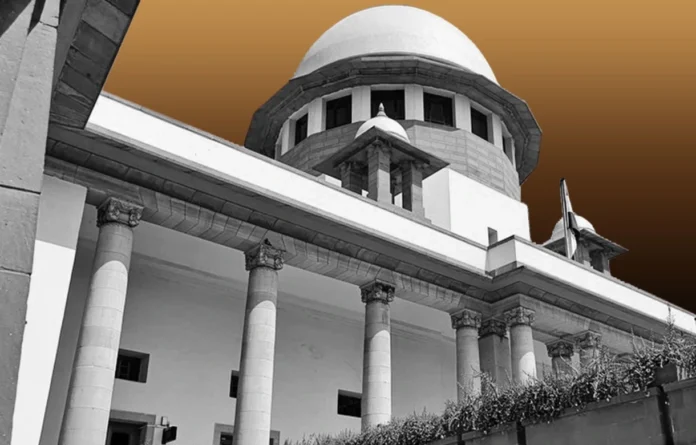The Supreme Court has ordered the Ministry of Power, the Central Electricity Authority (CEA), and the Central Electricity Regulatory Commission (CERC) to collaboratively develop a coordinated action plan to reduce carbon emissions in the power generation sector.
The bench of Justice PS Narasimha and Justice Atul S Chandurkar mandated that these three entities submit a joint affidavit within four weeks, outlining the relevant legal framework and the proposed measures to mitigate emissions.
By including the CEA and CERC as respondents under Sections 70 and 76 of the Electricity Act, 2003, the Supreme Court emphasized that all stakeholders-ranging from power generation, transmission, and distribution to regulatory bodies-must collaborate effectively to design and implement the plan in a systematic and coherent manner in order to achieve both short-term and long-term objectives.
The court also highlighted the importance of ensuring that policymakers are aware of the realities and challenges facing regulatory and operational frameworks.
This ruling follows a public interest litigation filed in 2021 by 17-year-old climate activist Ridhima Pandey, who challenged the Indian government’s strategy for addressing climate change. Pandey initially approached the National Green Tribunal in 2017, expressing concerns about the approval of carbon-intensive projects lacking thorough climate impact assessments. She advocated for a national climate recovery plan and a carbon budget aimed at limiting emissions until 2050, but her appeal was dismissed by the Tribunal in 2019.
—Advocate Shivmani Yadav contributed to this report.


